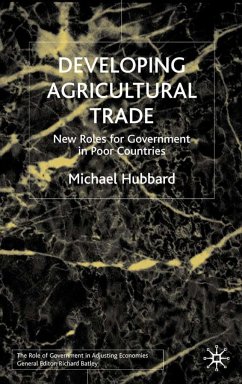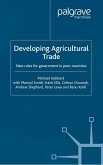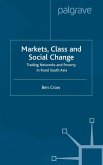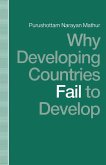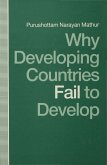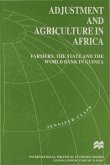Food security is of vital importance to all nations, but particularly so in developing countries. Governments worldwide are seeking to liberalize agricultural trade, and to change their role from one of controlling trade and prices. Instead these governments seek new roles in encouraging market developments, ensuring quality and providing food security by giving income assistance rather than controlling food supplies. The issue of how this process is being managed in developing countries is the focus of this book. A series of case studies including India, Sri Lanka, Ghana, Zimbabwe, Kenya and Ivory Coast highlights the individuality of approaches and the varying capability and will of governments to take on these new roles.
Bitte wählen Sie Ihr Anliegen aus.
Rechnungen
Retourenschein anfordern
Bestellstatus
Storno

